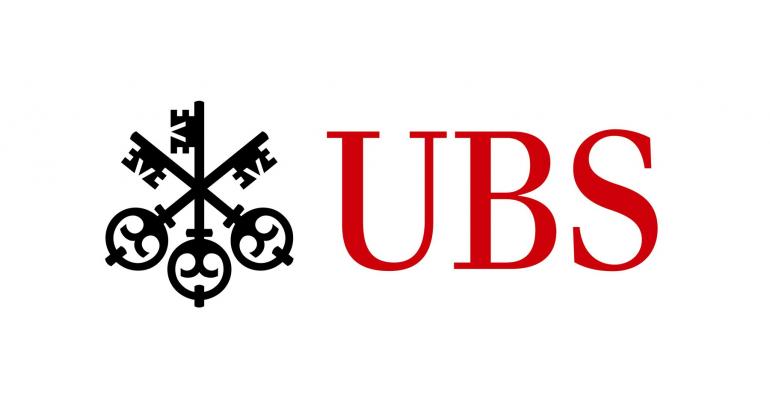CCL: $1.3bn short but lowest leverage/most capacity to raise debt
The brokerage assumed Carnival Corp. could delay 75% of newbuild progress payments and lower discretionary capital expenditure by $500m. By doing so, after CCL's $3.6bn in export credit financing for newbuild deliveries, its $2.8bn of revolving credit capacity (excluding commercial paper backing) could still be approximately $1.3bn short of funding part of the other capital calls this year, UBS said in a note.
Analyst Robin Farley calcuated CCL would still have approximately $1.9bn in progress payments and other capex, about $1.6bn in debt maturities (not counting $0.2bn in commercial paper), $345m in first quarter dividends and $250m in interest.
But Farley noted CCL's leverage is materially lower than that of RCL and NCLH, 'so they likely have the most capacity to raise additional debt and have communicated that they are currently pursuing additional financing options.'
RCL: $0.6bn short but investment-grade/may secure new financing
UBS assumed Royal Caribbean could delay 75% of newbuild progress payments and lower discretionary capex by $1.4bn. By doing so, after the company's $1.8bn in export credit financing for newbuilds, its $2.4bn of revolver capacity (excluding commercial paper backing) could still be approximately $0.6bn short of funding part of the other capital calls this year, Farley said.
RCL would still have $1.3bn in progress payments and other capex, $1.2bn in debt maturities (excluding $1.4bn in commercial paper), $160m in Q1 dividends, and $400m in interest. Farley noted RCL still has an investment grade rating and while the company has exercised its accordion features of its revolver, it has not secured new financing as NCLH has. That may still be a possibility.
NCLH: Revolving credit should meet needs
UBS assumed NCLH could delay 75% of its progress payments and lower discretionary capex by $200m to $300m. By doing so, after $0.5bn in export credit financing for new deliveries, the company's $1.5bn of revolver capacity could roughly fund other capital calls this year.
Farley said NCLH would still have about $0.6bn in remaining progress payments and other capex, $750m in debt maturities and $260m in interest, so its $1.5bn of revolving credit should roughly meet these needs.
Copyright © 2024. All rights reserved. Seatrade, a trading name of Informa Markets (UK) Limited.
Add Seatrade Cruise News to your Google News feed.  |

